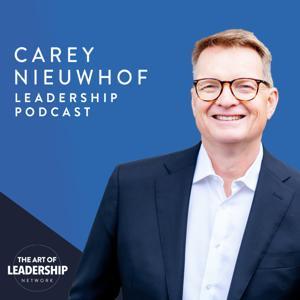
Sign up to save your podcasts
Or












The podcast currently has 240 episodes available.

16,093 Listeners

2,274 Listeners

1,120 Listeners

4,450 Listeners

1,486 Listeners

655 Listeners

5,365 Listeners

1,260 Listeners

37 Listeners

1,945 Listeners

577 Listeners

852 Listeners

132 Listeners

870 Listeners

921 Listeners